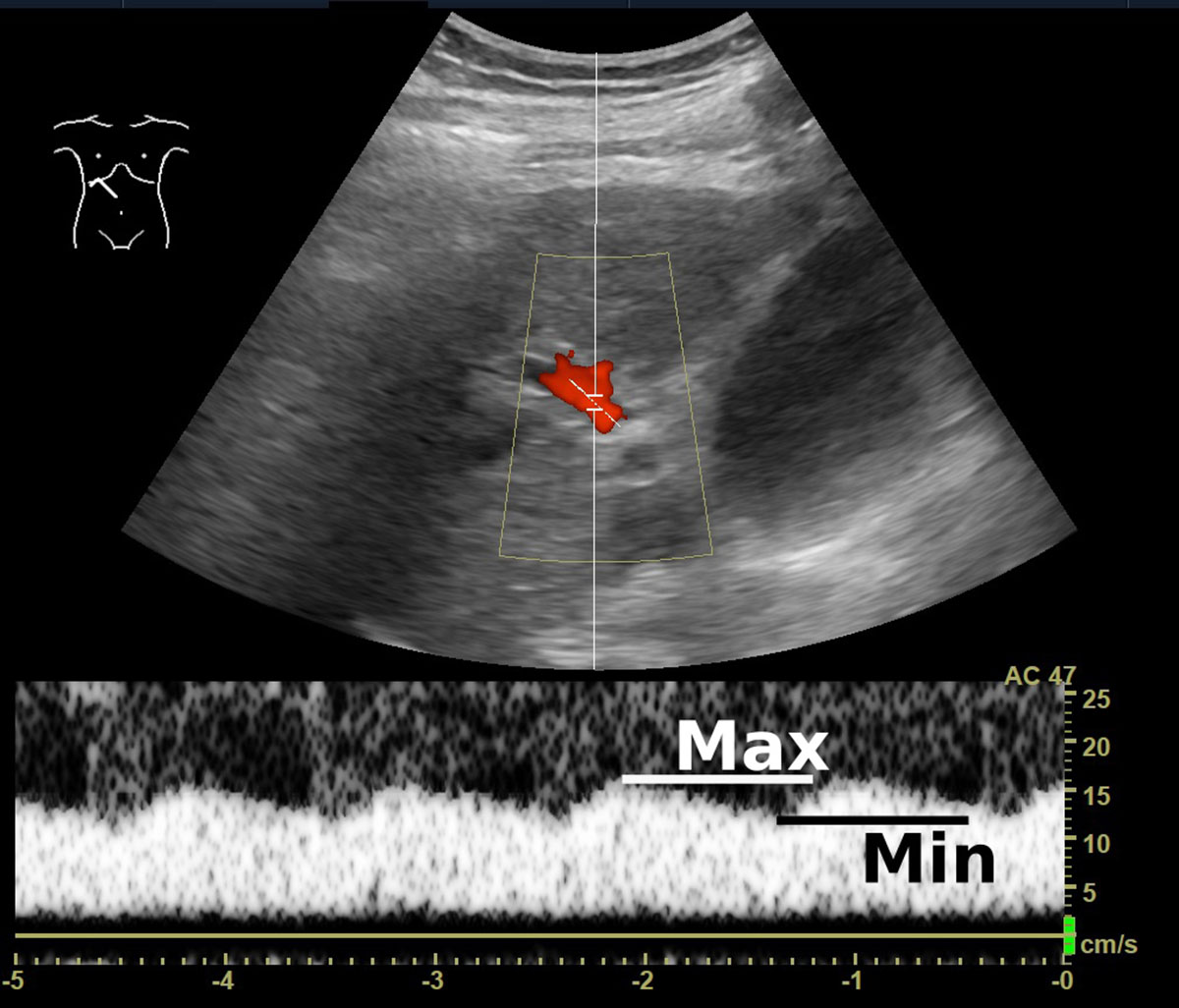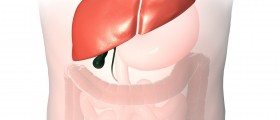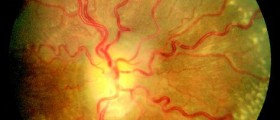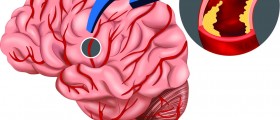
Introduction
Portal hypertension is a condition that is caused by the chronic liver failure. It most commonly affects the patients who are suffering from cirrhosis of the liver. However, there are other conditions that can lead to portal hypertension and they include Wilson's disease, hemochromatosis, the thrombosis of portal vein, the thrombosis of hepatic vein, and the thrombosis of inferior vena cava and so on. The condition features with the increased blood pressure in the portal vein that is in charge of removing the blood from certain abdominal organs.
The blood comes into the liver from the heart and from the intestines and other abdominal organs. The liver receives blood through the portal vein and hepatic veins are in charge with the elimination of the blood from the liver ant further blood distribution into the heart. The complications occur in case that the pressure within the portal vein is increased to certain extent.
Complications of Portal Hypertension
Complications of this condition are always life-threatening and need to be treated promptly.AscitesAscites is a collection of fluid accumulated within the peritoneal cavity. The symptoms of ascites include sudden weight gain and the distension of the abdominal wall. During the examination a doctor can discover excessive fluid in the abdomen and even the skin on the abdomen may show sighs of the increased pressure within the portal vein. Namely the increased pressure transfers onto the smaller veins on the skin of the abdomen called paraumbilical veins and they dilatate. This is why they become more visible during the inspection. This phenomenon is known as caput medusae. In people who have ascites even the lungs may be affected with the increased fluid accumulation in the pleura. Shortness of breathing or other breathing difficulties can occur due to this excessive fluid accumulation. Ascites carries additional risk of peritoneal bacterial infection.Variceal BleedingThe increased pressure from the portal vein transfers onto the veins of the esophagus. They expand and form so called varices. The wall of the varices is thin and they are extremely susceptible to rupture and bleeding. Apart from esophageal veins other veins such as those of the stomach or intestines can be affected too. Still esophageal varices are the most dangerous.Hepatic EncelophathyAnother complication of portal hypertension which eventually develops is hepatic encelophathy. Since the liver is in charge with detoxification of toxic substances and products in case of advanced liver disease these toxic substances are not neutralized appropriately. Ammonia and other substances cannot be properly eliminated and they accumulate in different organs including the brain. This is the cause of hepatic encelophathy. The symptoms of this severe condition include loss of memory, lack of concentration, confusion and so on. And finally in case the condition is not treated the patient ends up in coma and the death is the definitive outcome of the disease.

















Your thoughts on this
Loading...